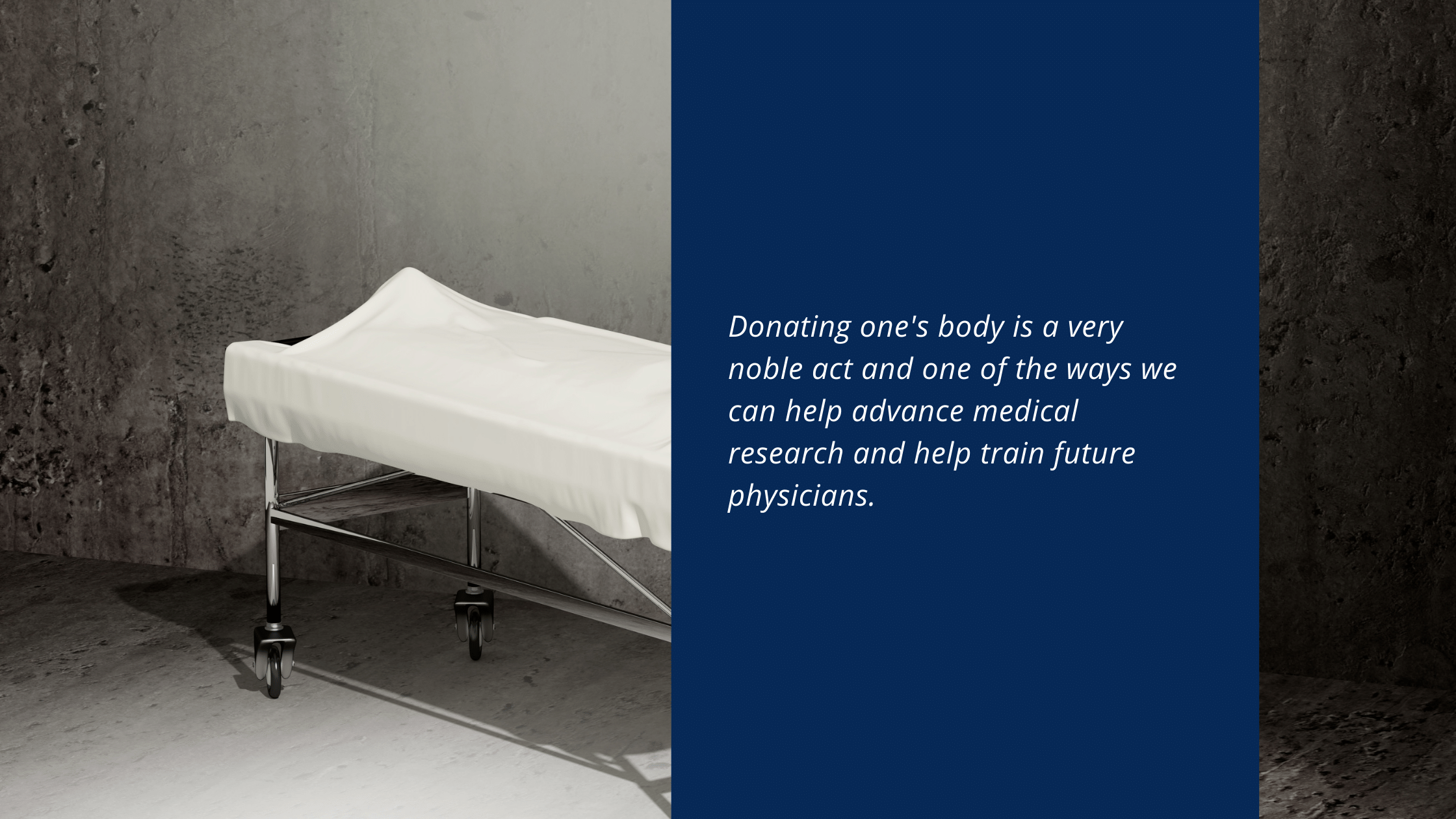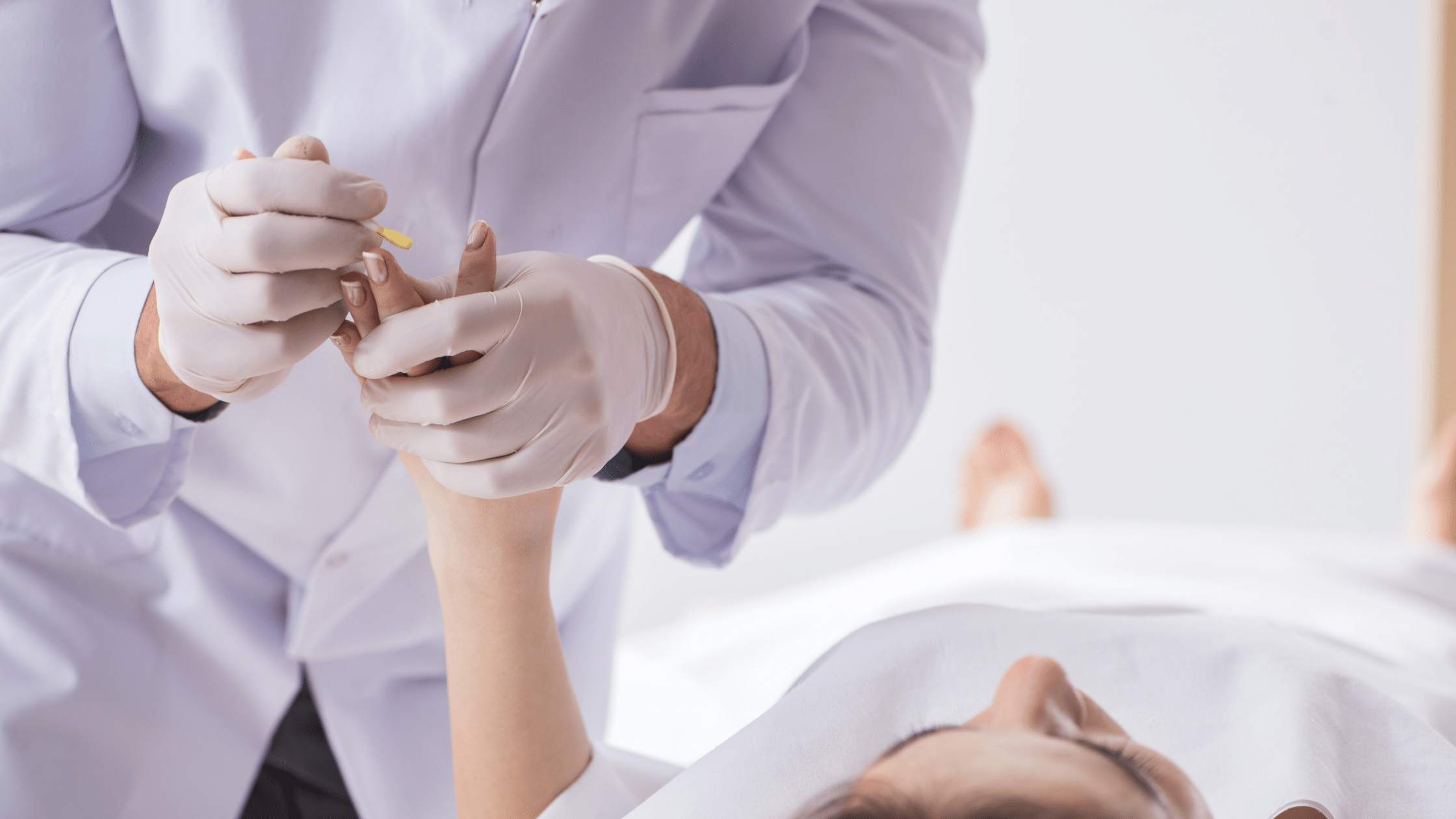
There is no question that donating your body to science is a very compassionate act that has the potential to advance medical research and impact the quality of medical care and breakthroughs for future generations. Just because you want to give away your body does not mean this will happen.
This might not be popular in the Philippines as some medical schools get cadavers from unclaimed bodies from prison and mental institutions. But you can reach out to medical schools if they have such programs.
Keep in mind to ask questions like what will happen to your body, who will take care of the fees that might occur, and would your family be allowed to have a funeral service or will they give the cremains to your family if the body is going to be cremated.
Your family reaches the school. If your body meets the necessary criteria, they will take care of all costs of body pick-up.
In most cases, they will cremate the body at their own expense and return it to the next of kin when this happens.

Body donation is not like organ donation. Organ donation is the designation you place on your driver’s license: I want to donate my kidney when I die. I want to donate my cornea or my lungs.” Organ donation doesn’t affect funerals at all. You can still be cremated, have another traditional burial, and still do everything you want to do. Donating your body means giving your whole body to science.
In addition, before you donate your body, you should know what happens to the leftovers once the facility has used them. In certain cases, the remains are cremated and handed over to the family. There are other cases where nothing is returned. If you and your family are concerned about this, you should do so well before you make your decision.
The biggest downside to donating your body is that your family may not have a service with the body present. You may have a funeral service without a viewing. In certain cases, the funeral home will allow the immediate family to have a closed viewing, a bit like to identify the body. Your family might have to pay for a service, a death certificate, and a memorial if they wish.
What’s not true is that people think they’re getting paid for the donation. This is not the case. However, medical schools generally help to cover some or all of the transport costs to the campus. The things they don’t pay for are obituaries, death certificates, memorial services, and other aspects of funeral planning. It’s up to your family.
Donating one’s body is a very noble act and one of the ways we can help advance medical research and help train future physicians. There are factors to take into account when deciding whether or not to give your body, including your last wishes, financial considerations, and purpose. Before you think about giving your body, you should discuss your wishes with your family and perhaps also your lawyer.